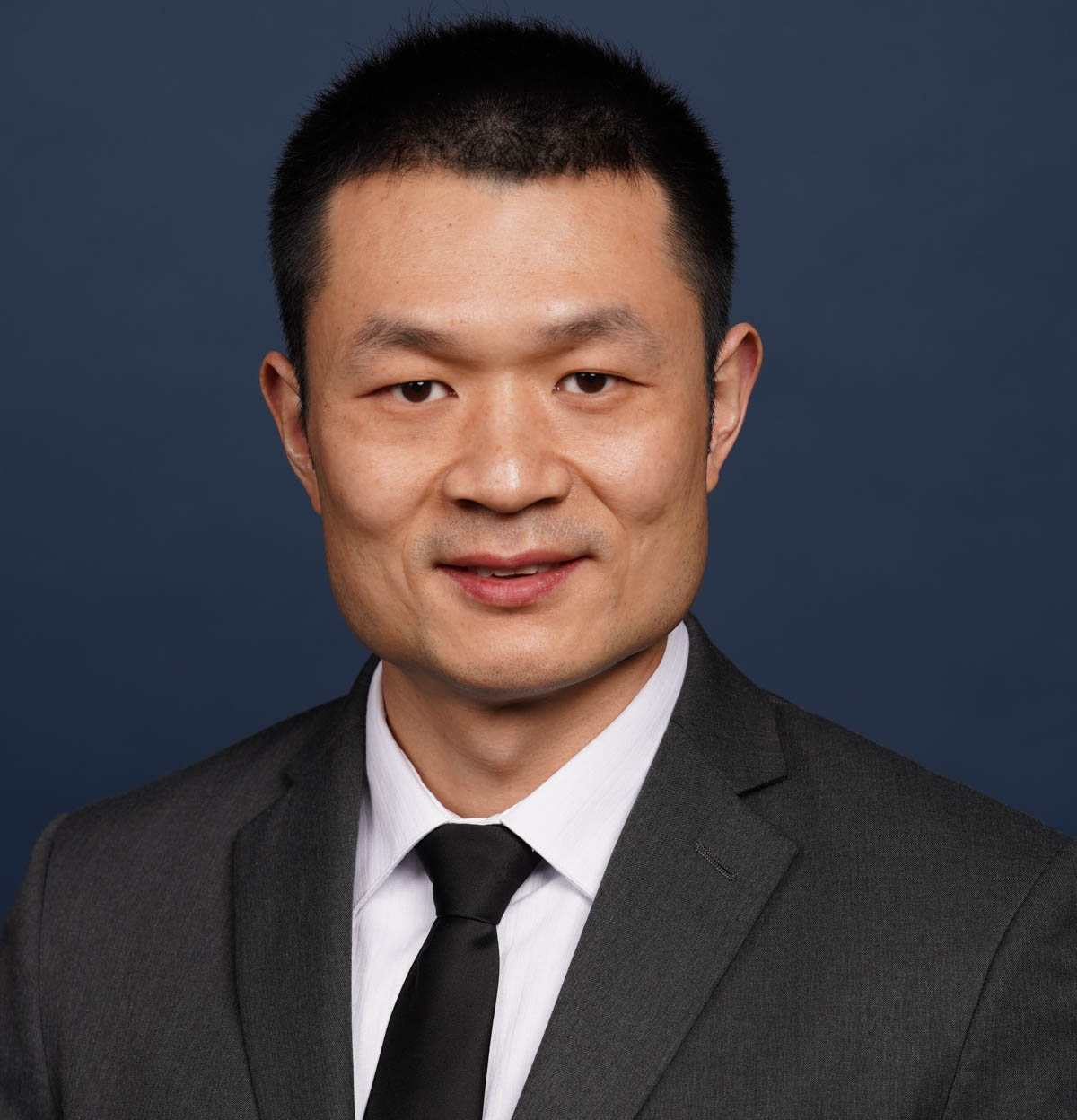Invited Speaker

Dr. Rui Wang
Assistant Professor, Department of SurgeryCase Western Reserve University
University Hospitals Cleveland Medical Center
Case Comprehensive Cancer Center, USA
Speech Title: Crosstalk between the liver microenvironment and metastatic colorectal cancer
Abstract: Patients with metastatic colorectal cancer (mCRC) have substantially worse outcomes than those with primary and localized CRC. Over 80% of CRC metastases occur in the liver, which has a unique endothelial cell (EC)-rich microenvironment. Distinct from precedent EC studies focused on angiogenesis and vascular remodeling, we pioneered the discovery that liver ECs secrete soluble factors to promote CRC growth and chemoresistance in a paracrine fashion. Specifically, we found that human epidermal growth factor receptor 3 (HER3, also known as ErbB3) is a key mediator of EC-induced mCRC growth in the liver. However, we found that liver ECs activate HER3 independent of the only known HER3 ligand, neuregulins. Here, we made the paradigm-shifting discovery that leucine rich alpha-2-glycoprotein 1 (LRG1) secreted from liver ECs is a novel HER3 ligand that activates CRC-associated HER3 and promote CRC growth. neutralizing or depleting secreted soluble LRG1 attenuates CRC tumor growth in xenograft tumor models and prolonged overall survival in mic with syngeneic orthotopic CRC liver metastases. Mechanistically, LRG1-HER3 activates the PDK1-RSK2-eIF4 axis, distinct from neuregulins and independent of AKT, to promote protein synthesis and CRC cell growth. This line of investigation determined a pro-tumor role of the surrounding EC microenvironment in the liver, and identified a key mediating signaling axis that can be targeted by novel therapeutics for treating patients with mCRC.
Biography: I obtained my PhD degree from Augusta University, Augusta, Georgia, USA, and worked on a thesis project to identify cGMP-dependent protein kinase 2 (PKG2) as a key regulator of colon mucosa homeostasis. We also discovered a novel strategy to activate the protective PKG2 pathway using PDE-5 inhibitors for both treating patients with inflammatory bowel disease and for CRC prevention.
My current research focus has been on elucidating the effects of the surrounding microenvironment on survival pathways in GI cancer liver metastases, with a translational goal to identify and validate new targets for new anti-neoplastic regimens. During my postdoctoral fellowship at UT M.D. Anderson Cancer Center, I pioneered the discovery that liver endothelium secreted soluble factors activate the HER3 pathway and promote colorectal cancer (CRC) survival and tumorigenesis in a paracrine fashion. My laboratory at Case Western Reserve University, Cleveland, Ohio, USA, is currently interrogating the mechanism of endothelium-induced HER3 activation, and identified LRG1 as a novel ligand to activate HER3 different from canonical mechanisms. Moreover, we are elucidating the role of the liver endothelium microenvironment in liver metastases of other types of GI cancer, such as pancreatic cancer.
